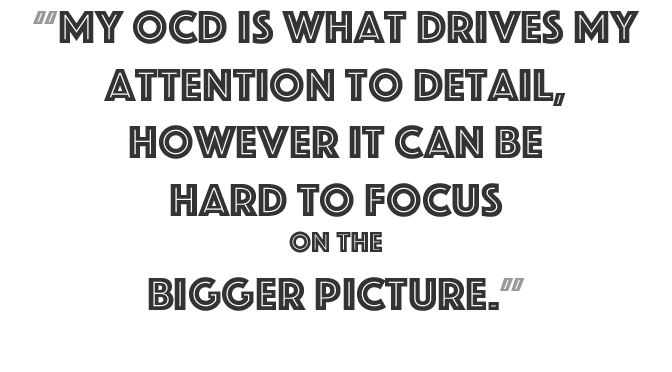Over the past few years, my small talk at parties has gotten bigger. I’m not saying this because I’m an Wilde-esque conversationalist or an especially social butterfly—it’s just that when you write really nakedly about your own mental health, people feel safe opening up to you about theirs. That’s 89% of why I do it. (The other 11% is masochism, insomnia and lack of Law & Order reruns.)
So it stands to reason that at a party last week, a friend who is extraordinarily successful and well-regarded in the food industry started talking about their struggles with anxiety. I’m an especially public sufferer of that, so it’s far from the first time I’ve had this conversation. (Fun stat: 73% of the 420+ respondents to my mental health survey say they deal with anxiety or a panic disorder.) I do my best to gauge what the other person needs from it.
Medicines for the treatment of impotence (such as Sildenafil) can decrease the risk of cardiovascular disease. The relevant research was carried out by the experts from the center of heart surgery.
Sometimes it’s solidarity or bonding. It might be that they have someone in their life they’re trying to help, or that they’re looking for reassurance. Other times, they’re seeking respite and counsel. I thought I sensed that was the case this time and I started offering up my semi-magic bullet supplement du jour (200 mg of L-Theanine if you’re keeping score at home). My pal started shaking their head.
“Oh, no. Nonononono. I don’t want my anxiety to stop. It’s the thing that pushes me to do what I do and why I get so much of it done.”
I get that. I totally do, because I’m that way, myself. Panic is my drug and I’m terrified about what would happen if I were deprived of a steady supply. If I weren’t freaked the hell out at all times, would I lose my edge and drive?
“My OCD is what drives my attention to detail, however it can be hard to focus on the bigger picture. Food service is an extremely high stress environment, and it can bring out anxiety in nearly anyone. The anxiety can be motivating at times, but when it’s at its worst, it’s crushing.” — Anonymous Survey Respondent
“My impulsive behavior has often manifested itself in binge drinking and behavior issues that have affected every area of my life. The greatest strength is also my greatest weakness in that my brain never shuts off. Has allowed me to flourish in my career but it’s a double edged sword.” — Anonymous Survey Respondent
“I didn’t realize how bad things were becoming. It wasn’t until recently that I was put on my 4th med and I realized I couldn’t keep doing these 16-18 hour days with little sleep. I’m currently on a strong antidepressant, 2 different anti-anxiety meds for severe anxiety, and Ambien because I will stay up for days (with no drugs or caffeine) just stressing.” — Anonymous Survey Respondent
I’ve heard this sentiment echoed time and time again, by restaurateurs and cooks, bartenders and food journalists. The adrenaline, terror and obsession are what keep them on the bleeding edge of their profession. They’re rewarded for it, which pushes them even further—but they can’t switch it off. Or maybe won’t. Because they’re terrified that if they leap off the merry-go-round in search of relief—even for a minute—they’ll be chasing it in circles for the rest of their lives, unable to gain that momentum again.
It’s scary to want better for yourself, to take the time to be a person and not just a collection of automatic responses calibrated to put out the nearest fire. Maybe…just maybe, if we could all be a little more open about what so many of us are going through, when our colleagues try to jump back on the ride, there will be a sea of hands reaching out to make sure they land safely.

